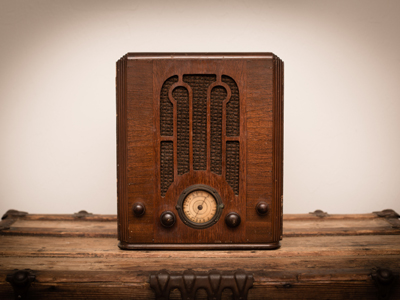

World War One Aftermath: 1939 - The End Of Appeasement
This World History quiz is called 'World War One Aftermath: 1939 - The End Of Appeasement' and it has been written by teachers to help you if you are studying the subject at senior high school. Playing educational quizzes is one of the most efficienct ways to learn if you are in the 11th or 12th grade - aged 16 to 18.
It costs only $19.50 per month to play this quiz and over 3,500 others that help you with your school work. You can subscribe on the page at Join Us
The British and French governments had signed the Munich Agreement with Hitler in the autumn of 1938. There they continued with their policy of appeasement and gave in to demands from Germany for the cession of parts of Czechoslovakia. But Hitler's intentions were not yet at an end, as the events of 1939 were to show.
Ready for more?
not all...
quizzers. Try to win a coveted spot on our Hall of Fame Page.






